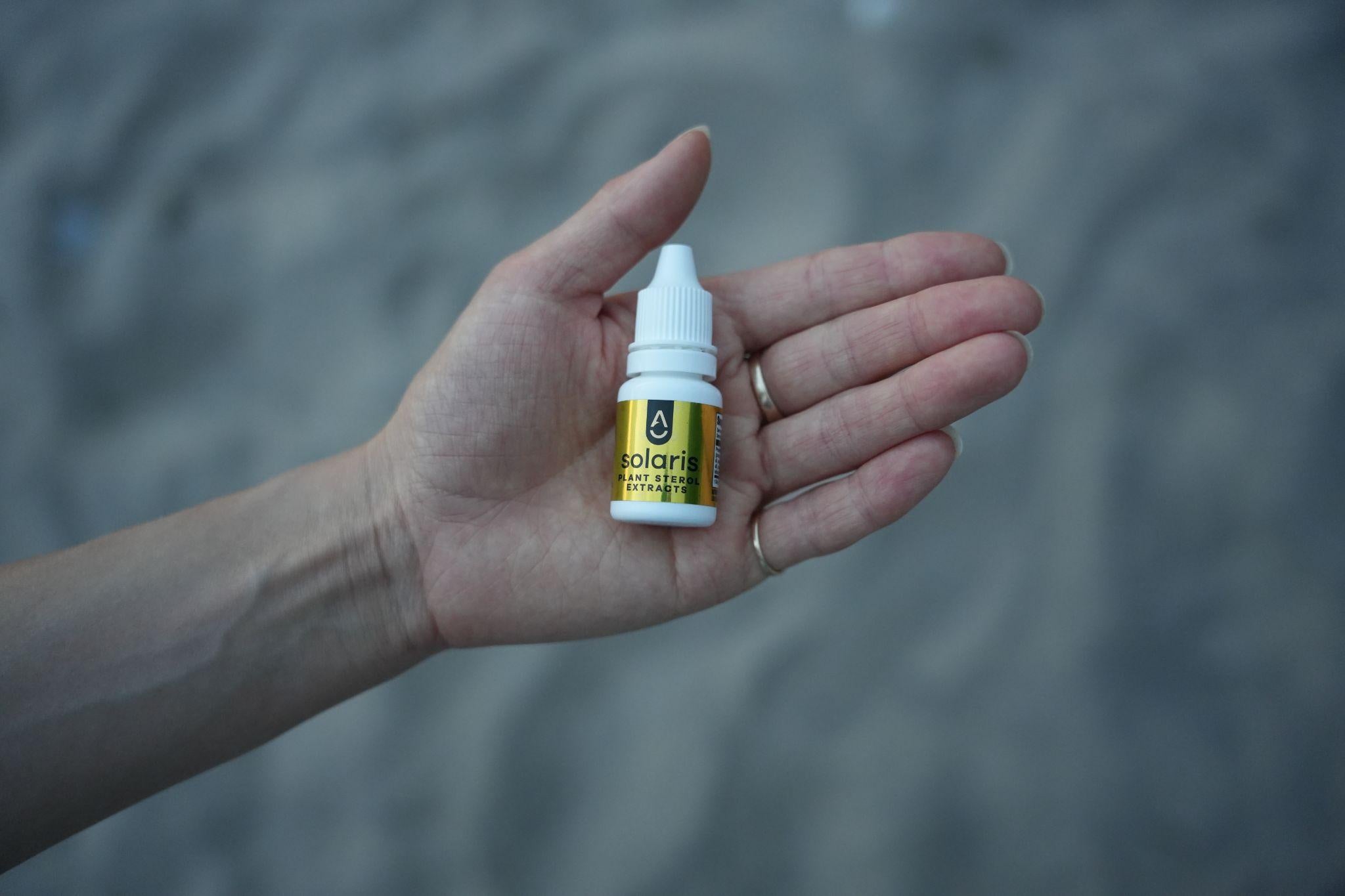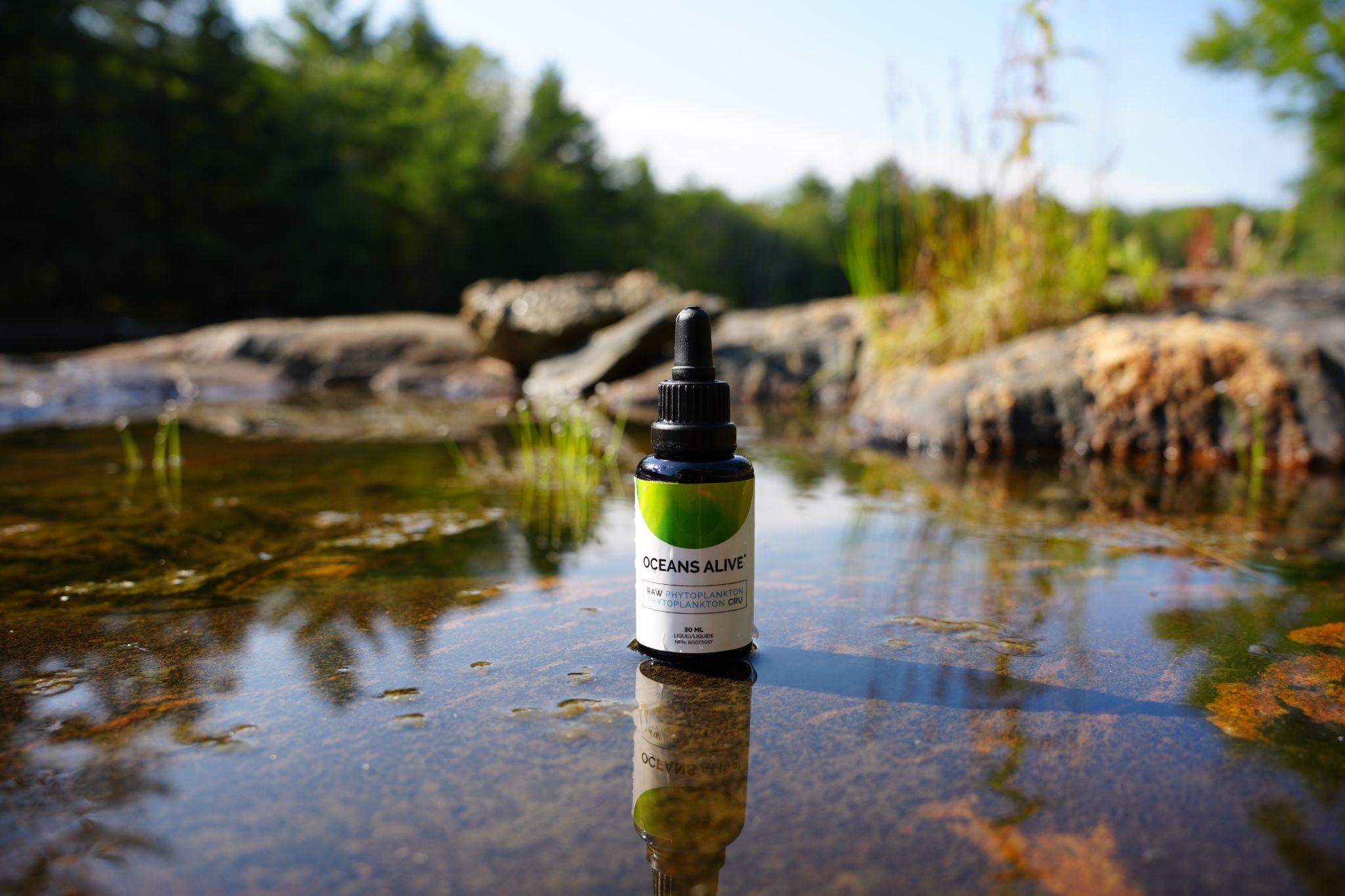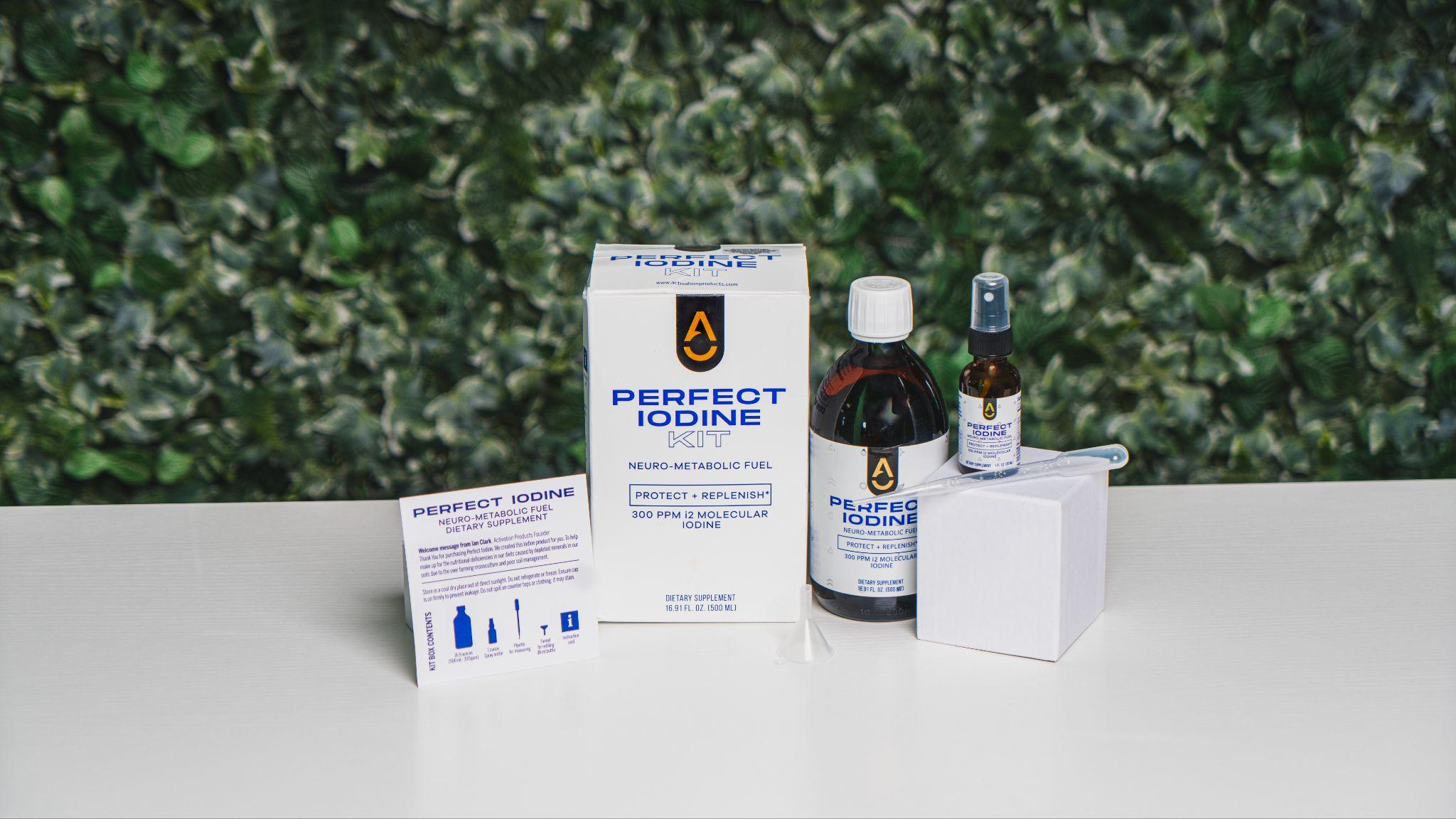
It is extremely likely that you are suffering from adrenal fatigue.
Most of us tend to attribute fatigue to our busy lifestyles and push through, never dealing with the causes.
Adrenal fatigue is so common and has so many symptoms that it’s often the root of our problems and we don’t even know it.
It’s estimated that 80% of the population is struggling with mild, moderate or severe adrenal fatigue.
Do you have adrenal fatigue?
Do any of these symptoms sound familiar?
- Constant tiredness but difficulty sleeping
- Inability to handle stress
- High energy in the evenings
- Craving salty foods
- Frequent night wakings and lying awake
- Diagnosed hypothyroidism
- Difficulty losing weight or unexplained weight gain
- Headaches
- Frequent illnesses
- Low blood pressure
- Allergic reactions
- Difficulty waking up despite sufficient sleep
- Ulcers
- Depression or anxiety
- Low libido
- Feeling full or bloated
- Craving sweets, caffeine, or cigarettes
- Blurred vision
- Mood swings
- Shakiness or light-headedness if meals are missed
- Difficulty falling asleep or entering REM cycle
- Dizziness when changing positions
- Unexplained dizzy spells
- Asthma
- Haemorrhoids or varicose veins
Whoa.
That’s an intense list of ailments. Sadly, most of us can identify with at least a few of them.

What is adrenal fatigue?
In a nutshell, adrenal fatigue occurs when your body is overstressed and is not responding as it should to your stress hormones.
Marcelle Pick OG/GYN NP and writer for WomentoWomen.com goes into more detail: “When our adrenal glands are constantly required to sustain high cortisol levels, they eventually become impaired in their ability to respond appropriately. The resulting dysfunction not only affects our short-term response to stress, but it also impairs our adrenals’ ability to produce and balance other hormones which are important to our long-term health and well-being: DHEA, estrogen, progesterone, and testosterone.”
This hormonal imbalance is what leads to weight gain or difficulty losing weight, fatigue and poor sleep, mood swings, etc. Long term, adrenal fatigue can lead to more serious issues, like depression, heart concerns and disease.

What are the adrenal glands?
Modern-day stress is typically pretty different from the stress we experienced millennia ago when this response evolved. Deadlines at work, financial pressures, traffic frustrations and personal drama rarely require the same kind of response as, say, a sabre-toothed tiger attack. Not only do we not need to fight or flee (in fact, usually, we’re stuck sitting in a car or at a desk), we also experience stress that persists over much longer periods of time.
Cortisol — aka the stress hormone —levels naturally fluctuate throughout a regular day, which is part of your sleep-wake cycle. Cortisol spikes in response to stress too, though.
When you experience simple stress, such as an argument, your cortisol levels rise temporarily, which is fine as long as it isn’t happening constantly. Long-term stress, though, caused by ongoing work or family tension, for example, can cause your cortisol levels to remain high for too long. Eventually, your body starts to struggle to maintain these high cortisol levels, which leads to other hormonal imbalances.
Pointing the Finger: Causes of Adrenal Fatigue
What causes adrenal fatigue? As you’ve probably guessed by now, the short answer is stress. That may not be very helpful, though, since ‘stress’ can refer to a wide range of things, many of which you probably don’t think of when you hear the word.
Damage Control: How to Treat Adrenal Fatigue?
First and foremost, it is very important that you get enough sleep. When you’re sleep-deprived your body responds by releasing cortisol.
Try to remove distractions, don’t take your phone to bed with you and keep your room dark. Maintaining a healthy sleep cycle is essential for the health of your adrenal glands.
Create a schedule so that you’re committed to unwinding and then getting into bed at a reasonable hour. Ideally, you should be hitting the sack before 10pm Around 11pm. Most people experience a spike in cortisol levels, which will make you feel awake and alert. If you miss your window, it could be hours before you are able to fall into a deep, restorative sleep.

Strategies for Better Sleep?
Once you’ve established a sleep schedule and routine, there are some additional steps you can take. First, try cutting back on caffeine. Caffeine can upset your sleep cycle, and it is often used as a crutch to push through a busy day instead of acknowledging that your body needs rest, and taking a break.
If there isn’t room in your schedule for a nap, you can try a natural energy booster, such as a marine phytoplankton supplement or an herbal tea that boosts energy without caffeine.
If you’re living in a constant state of stress, it’s time to let some of that go. De-stressing can help to relieve the pressure on your adrenal glands by balancing out your cortisol and other hormone levels. Try meditation or yoga.
Also, ensure that you’re getting enough magnesium. This essential mineral is really important for sleep.
Magnesium is also vital for helping you to manage stress. Not only does it lower cortisol levels, which has a calming effect, it also regulates your hormones and metabolic function. These effects can be soothing for your adrenals, as well as helping to prevent extreme stress responses.
In an excellent article about the importance of magnesium for reducing stress, writers for TasteforLife.com made the following observations: “Magnesium supports our adrenals, which can be overworked by stress. A magnesium deficiency is significant because of the many vital enzyme systems that require magnesium, some being responsible for energy production and storage. A strain on the adrenal glands puts a strain on the magnesium-dependent energy system of the body. A low magnesium level during stress can cause energy depletion that leads to listlessness and fatigue, weakening your ability to manage stress.”
Eating for Adrenal Fatigue: Tips and Tricks
Avoid Unhealthy Oils
- Steer clear of hydrogenated oils like margarine. These oils are detrimental to your health.
- Cut out unhealthy oils such as canola and vegetable oil. Instead, opt for healthier options like avocado oil, coconut oil, and sunflower oil. Stick with high-quality, organic brands for the best benefits.
Eliminate Artificial Sweeteners
- Avoid artificial sweeteners. The chemicals in these products are toxic and difficult for your body to digest.
Focus on Whole Foods
- Avoid processed foods. Aim for a diet rich in whole foods, including plenty of fruits and vegetables. Go organic whenever possible. The cleaner your diet, the better your adrenal glands will recover and function.
Eat a Nutritious Breakfast
- Always eat breakfast. Your body needs fuel to start the day after fasting overnight. Eating breakfast helps maintain your energy levels throughout the day.
Maintain Balanced Meals
- Time your meals properly. Spacing out your meals helps maintain healthy blood sugar levels, which is crucial for balancing cortisol levels.
Stay Hydrated
- Make an effort to stay hydrated. Drinking enough water is essential for everyone, but especially for those struggling with adrenal fatigue.
Supplementing for Adrenal Fatigue:
Vitamin C can help with proper cortisol production and is a powerful antioxidant that supports your immune system, which is key for those suffering from adrenal fatigue.
Vitamins B5 and B12 can help you manage stress and boost your energy levels.
Vitamin D3 can help to balance hormones.
Zinc helps with adrenal function.
Omega 3 fatty acids can reduce inflammation, reducing the risk of cortisol spikes.
Finally, as we mentioned before, make sure you’re getting enough magnesium!
Magnesium deficiency and adrenal fatigue share many of the same symptoms. There is a strong chance that you have one or both of these conditions if you suffer from any of the signs listed above. With as many as 80% of Americans deficient magnesium AND 80% suffering from adrenal fatigue, there is obviously a lot of cross-over.
Getting a bioavailable form of magnesium into your system will help you to sleep better, manage stress, aid your digestion and restore balance. These are all good things for your adrenal glands.
Magnesium can be found in certain foods, but it is very difficult to get enough of this mineral from your diet alone. Oral magnesium supplements are difficult to absorb, so you don’t benefit as much from them (read why here). Sourcing a quality topical magnesium is the best solution.
For a natural, bioavailable, topical magnesium supplement, look no further than Ease Magnesium.

Resources:
https://www.womentowomen.com/adrenal-health-2/symptoms-adrenal-fatigue/http://www.globalhealingcenter.com/natural-health/what-is-adrenal-fatigue/?gclid=Cj0KEQjwwry8BRDjsbjMpPSDvagBEiQA5oW0nOT3iReHsPW-PC1SgNyLPiDvWDkbAXOraVMTxPXUHzgaAjPu8P8HAQ
https://draxe.com/health/3-steps-to-heal-adrenal-fatigue/
http://www.naturalnews.com/019339_adrenal_fatigue_chronic_stress.html
http://www.mindbodygreen.com/0-17502/9-steps-to-heal-adrenal-fatigue-naturally.html
http://empoweredsustenance.com/adrenal-fatigue-recovery/
http://adrenalfatiguesolution.com/adrenal-fatigue-supplements/
http://robbwolf.com/2012/04/09/real-deal-adrenal-fatigue/
http://adrenalfatiguesolution.com/is-adrenal-fatigue-taking-over-your-life/
http://adrenalfatiguesolution.com/cortisol-levels-change-throughout-day/
http://adrenalfatiguesolution.com/adrenal-fatigue-diet/
http://paleoleap.com/magnesium/







Superoxide Dismutase: Super Antioxidant
8 Ways to Keep Your Brain Active and Healthy